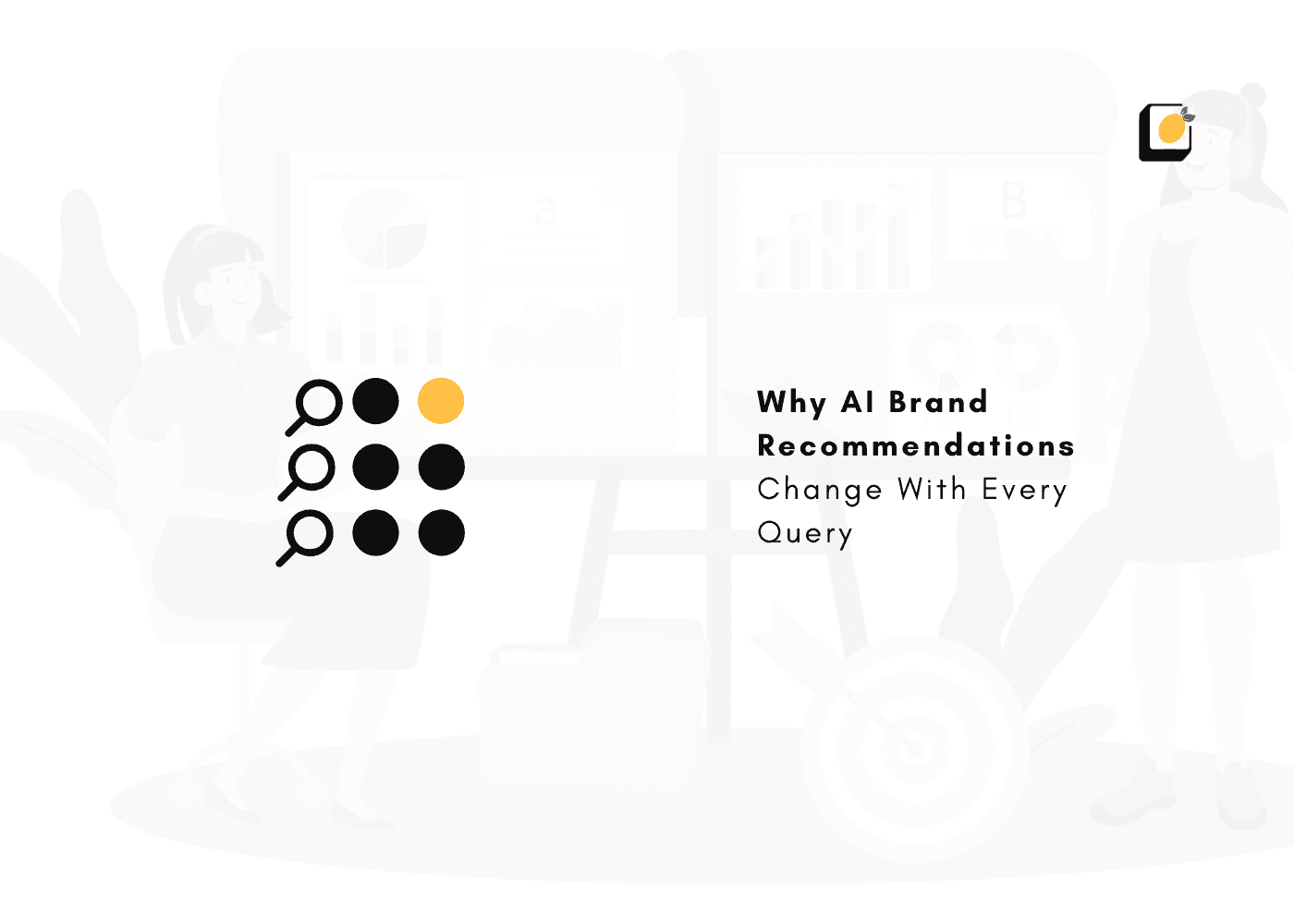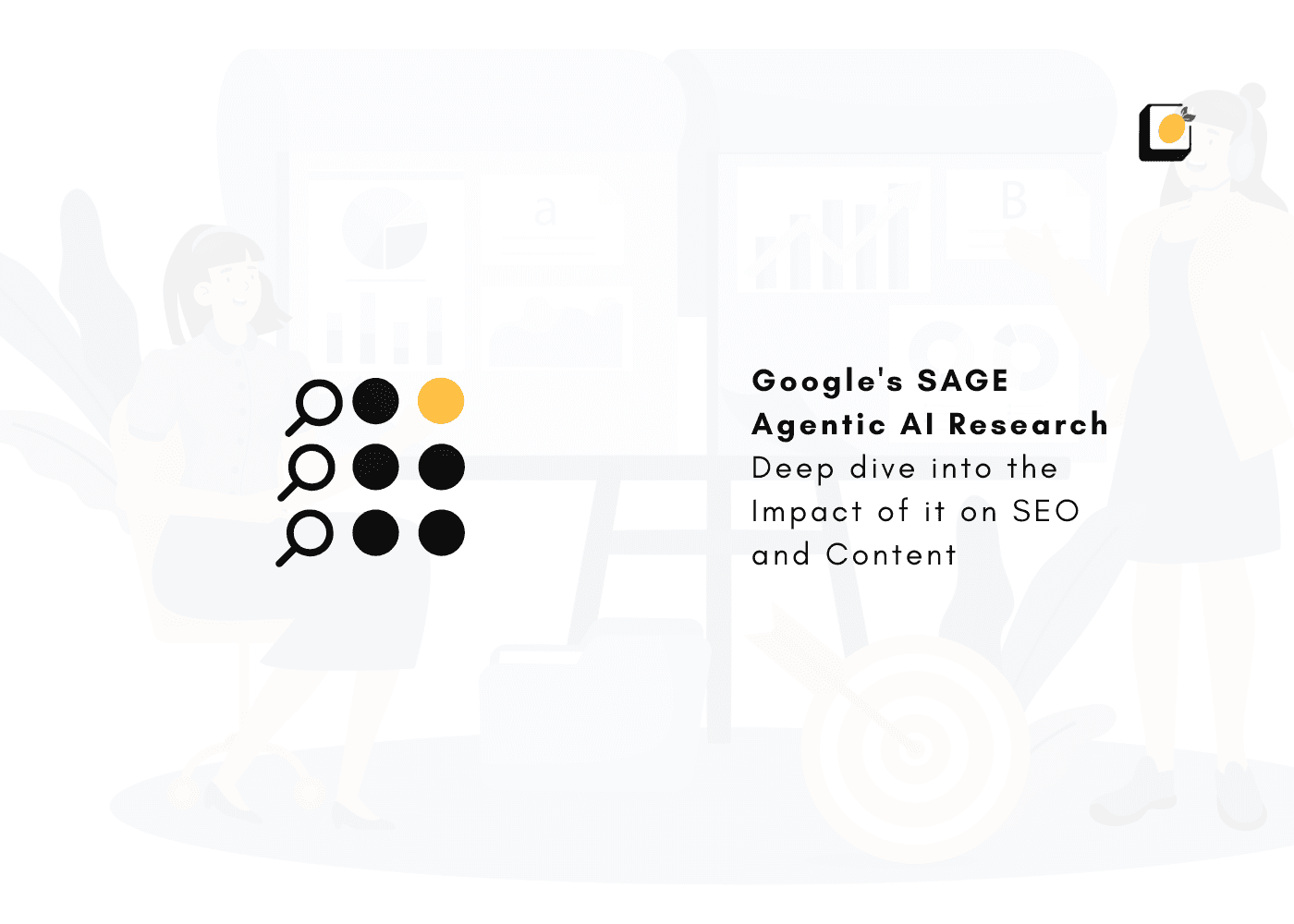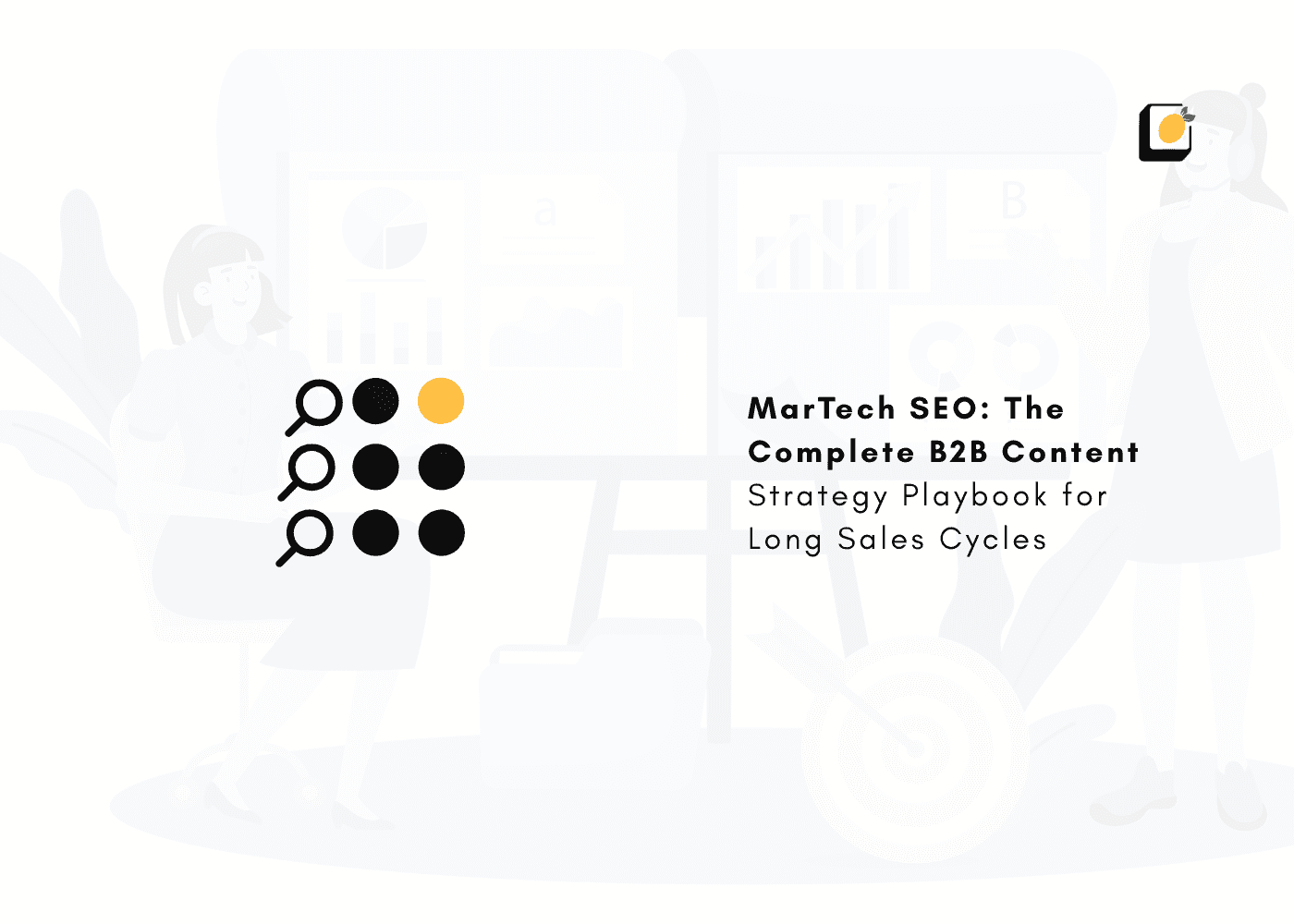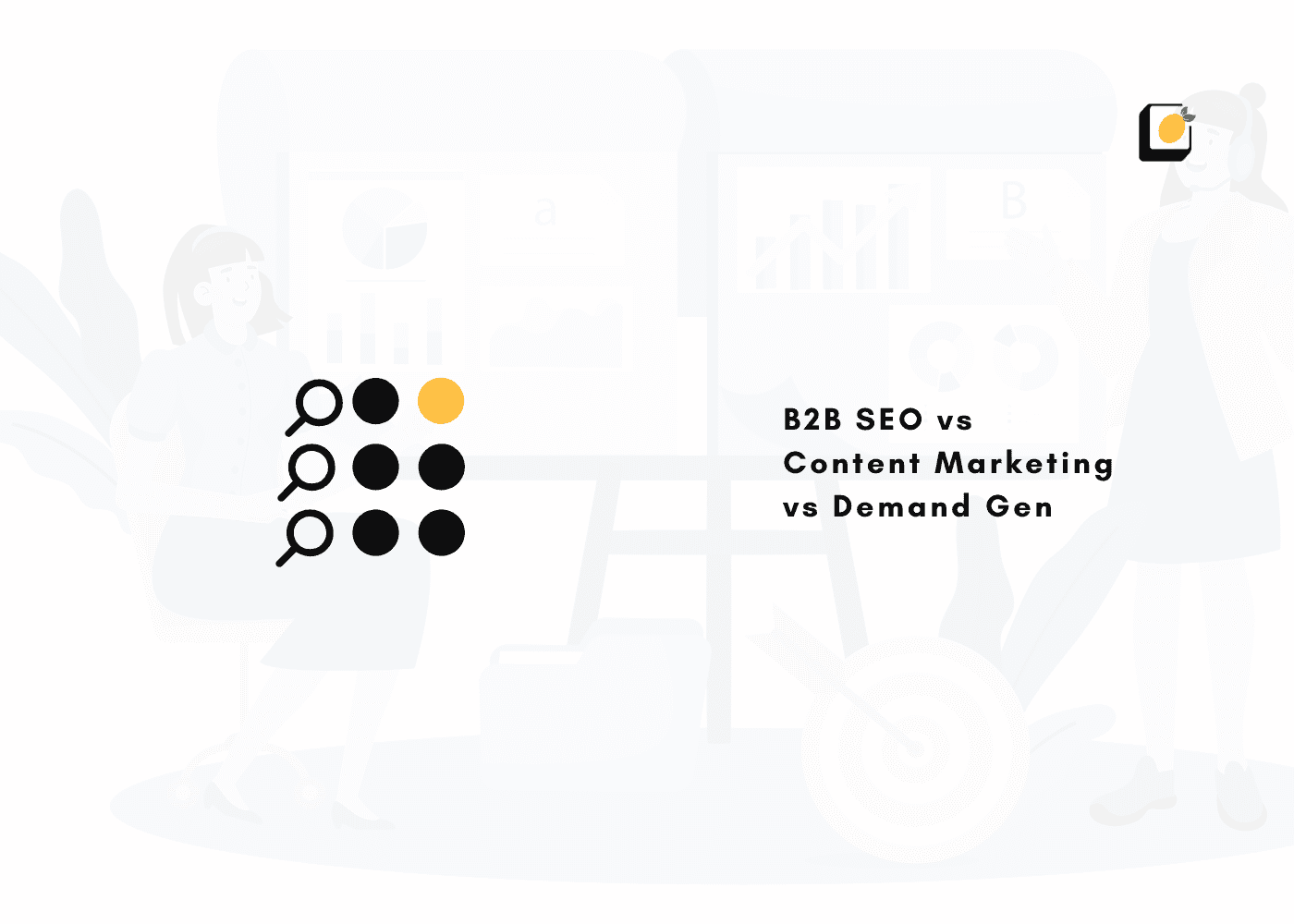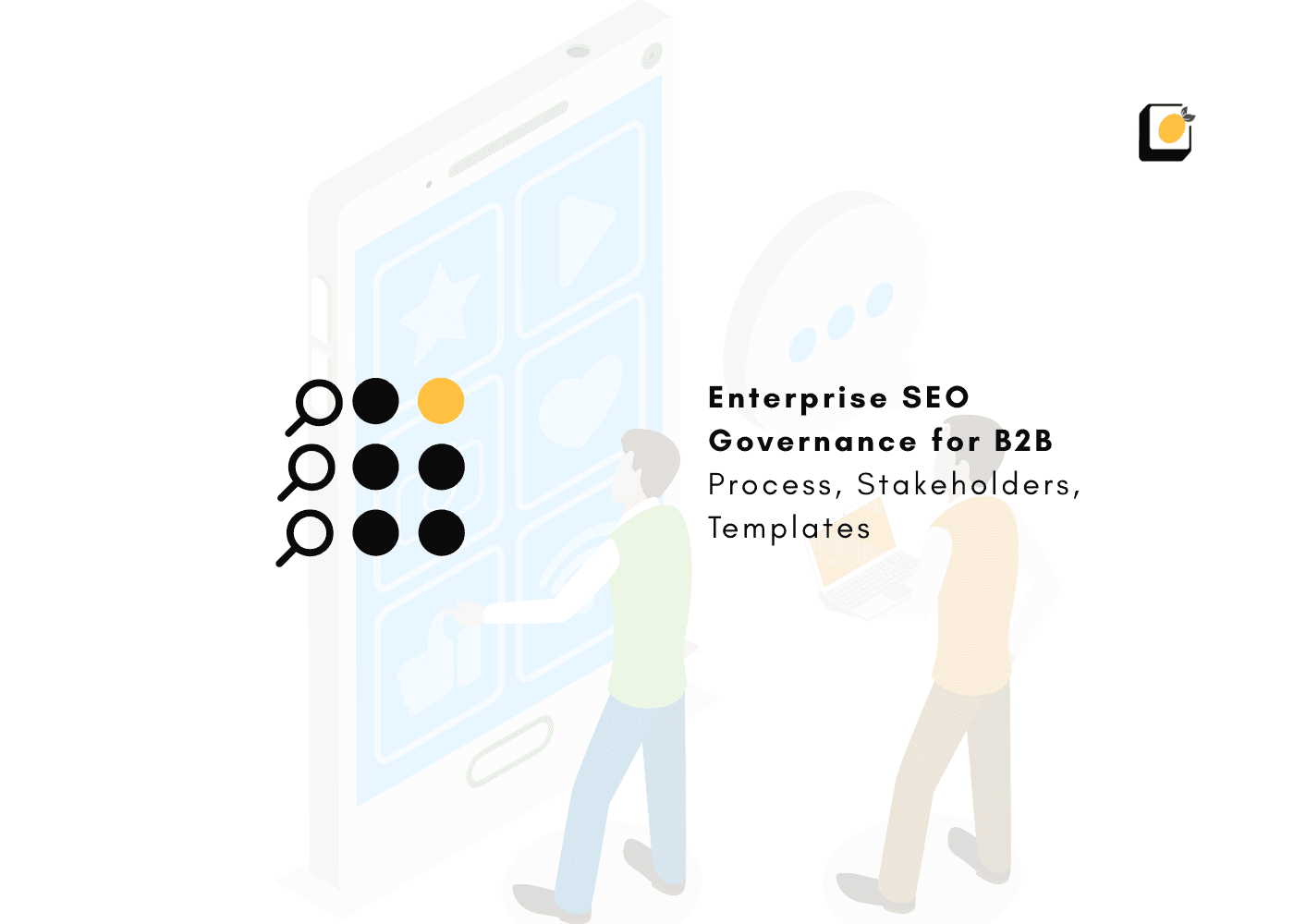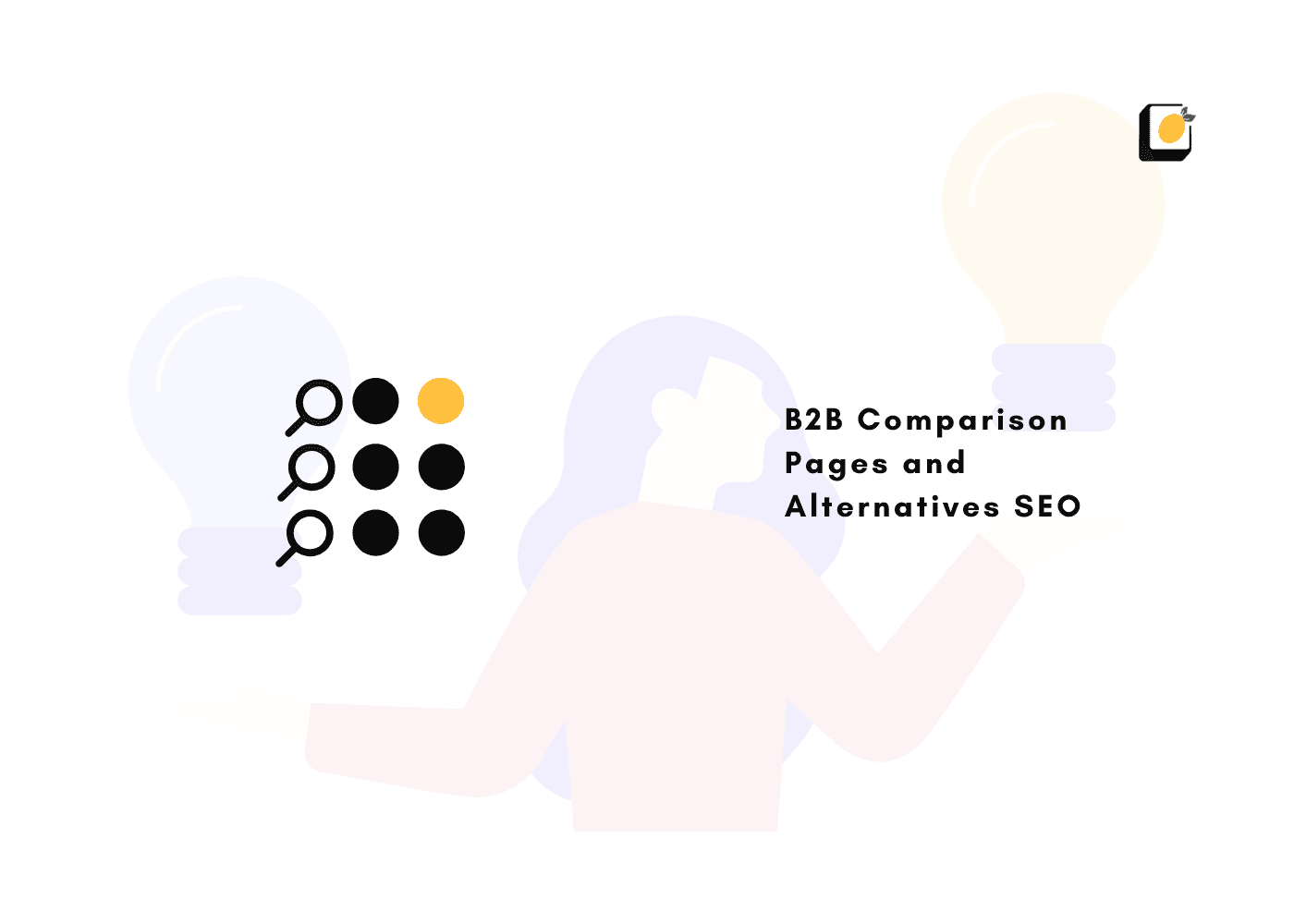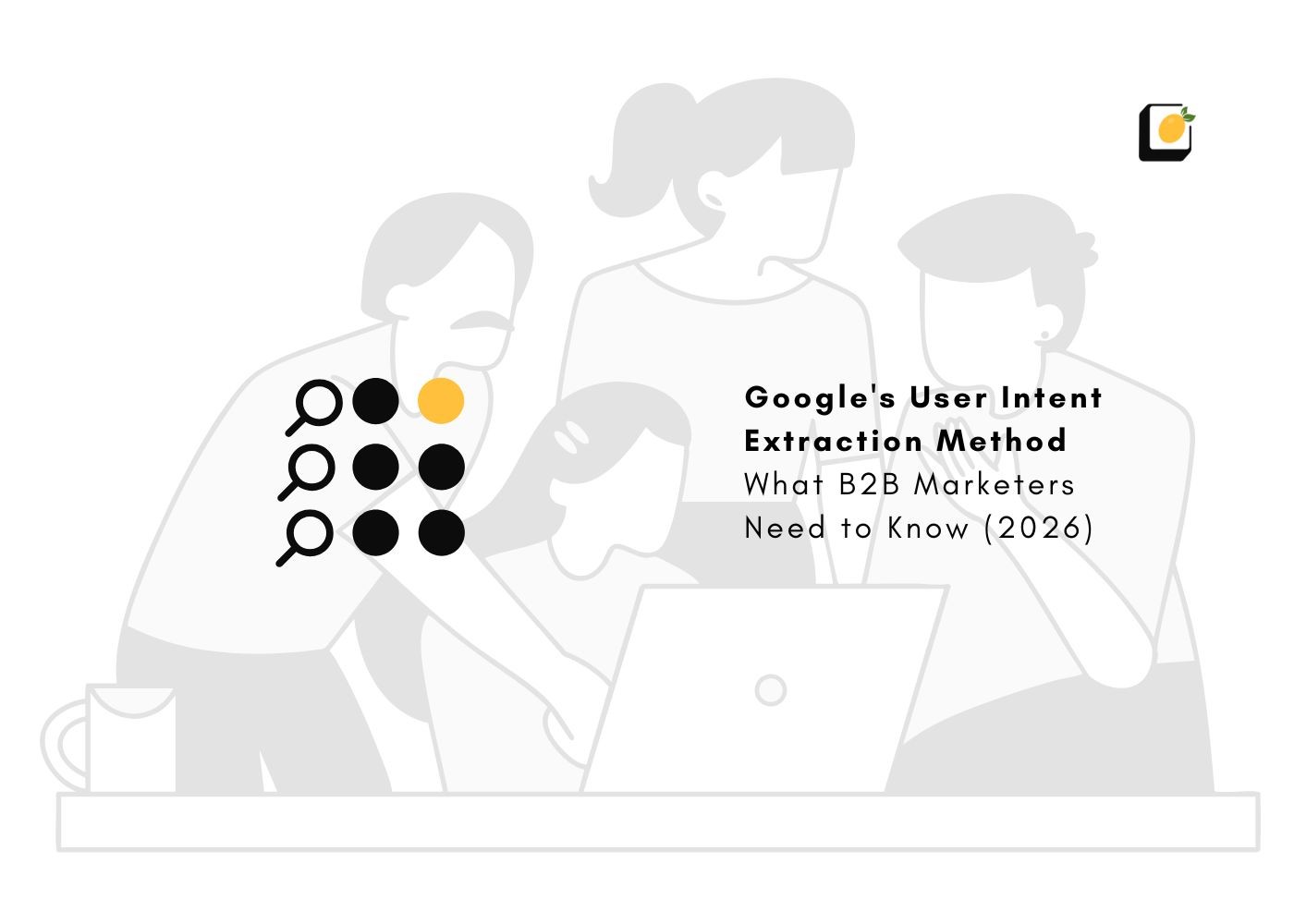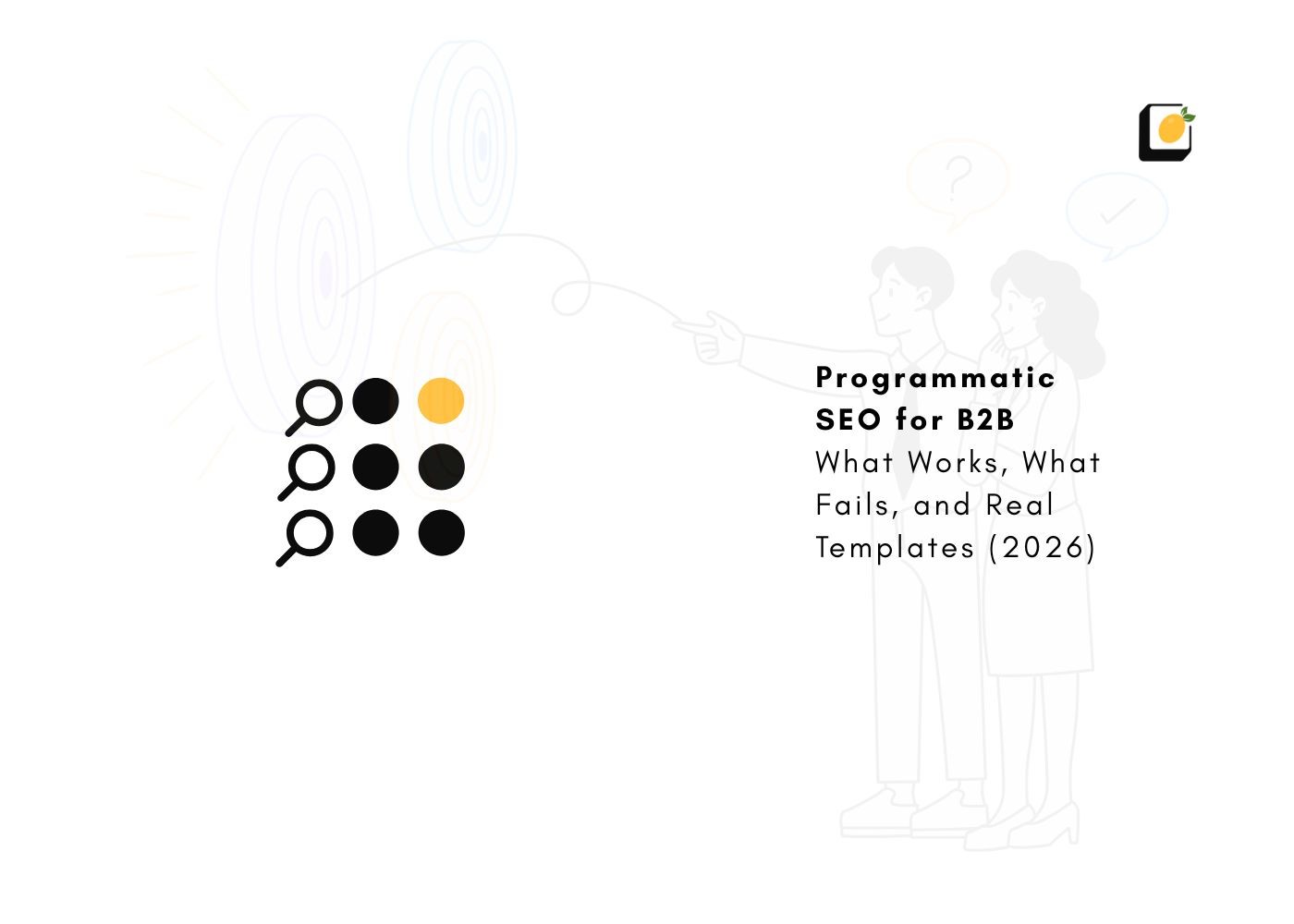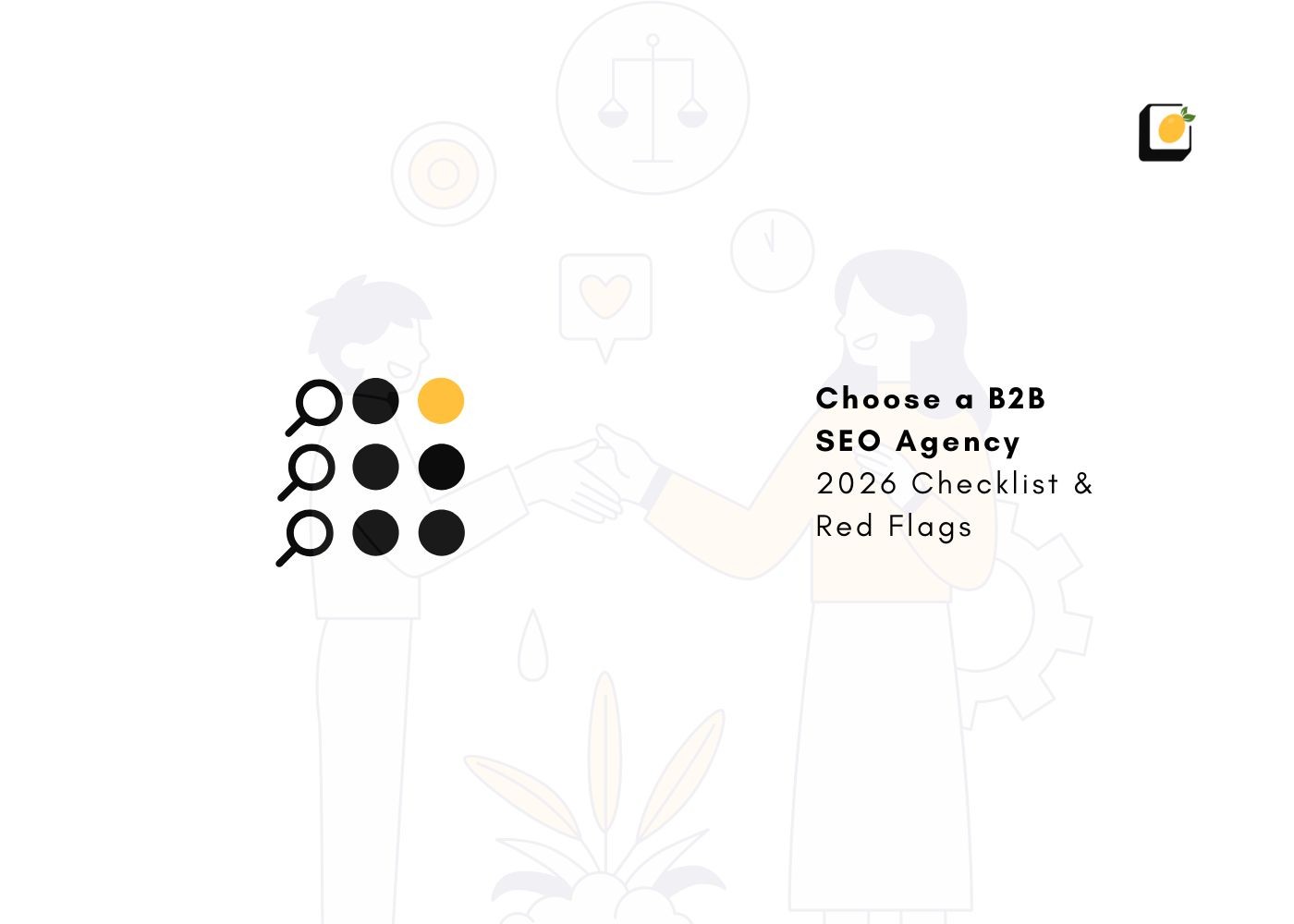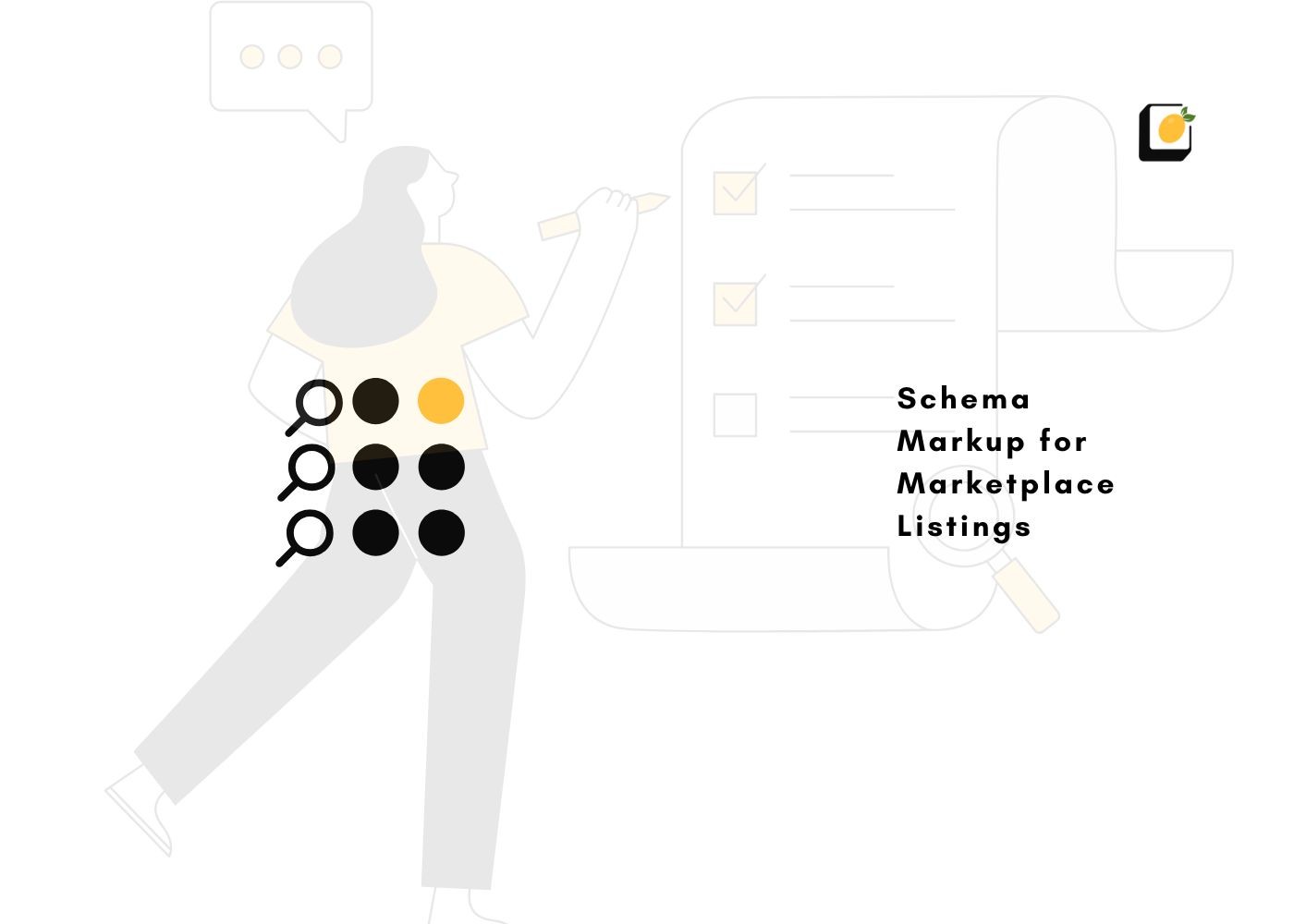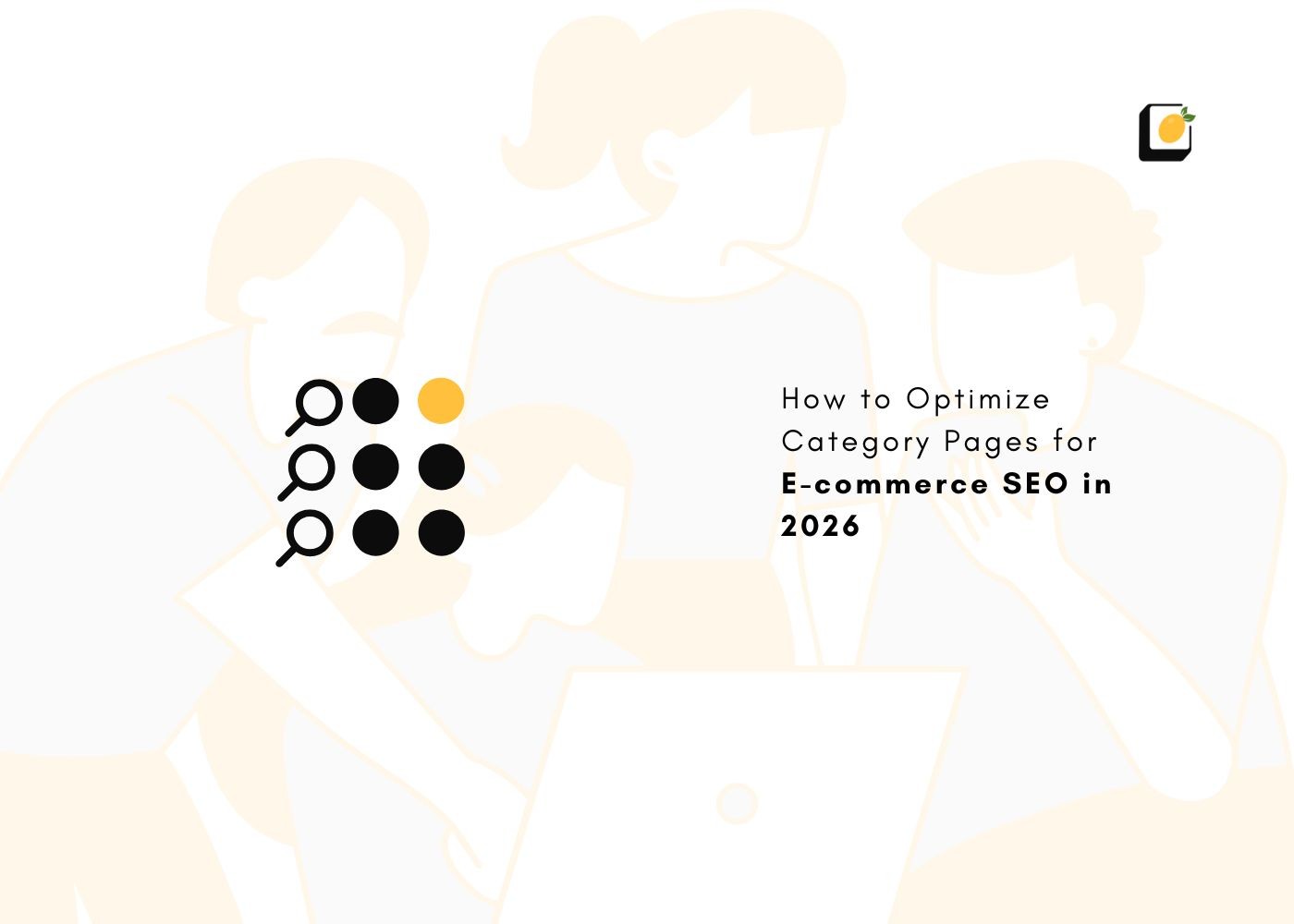Best ROI-Focused SEO Strategies for B2B Lead Generation in 2025
August 10, 2025
Join 500+ brands growing with Passionfruit!
The world of B2B sales is challenging. Sales cycles are long, decision-making involves multiple stakeholders, and traditional methods like cold calling feel less effective each year. Imagine a scenario where your ideal customers—the ones with the exact problem your business solves—find you on their own. A consistent stream of qualified prospects, already interested and educated, landing right in your pipeline. A powerful search engine optimization (SEO) strategy makes this scenario a reality.
For B2B companies, SEO is not just about getting more website traffic. A proper approach is about generating high-quality leads that turn into long-term, high-value clients. An effective plan is a sustainable engine for growth, delivering a superior B2B Marketing ROI compared to many other channels. As we move through 2025, the methods for achieving success are evolving, especially with the rise of AI-powered search.
What follows are the most effective, ROI-focused B2B SEO strategies to fill your sales pipeline.
Why is a Specialized SEO Strategy Crucial for B2B Lead Generation?
Selling to a business is fundamentally different from selling to an individual consumer. B2C transactions are often quick and emotional. B2B purchases are complex, logical, and involve significant investment and multiple decision-makers. A generic SEO approach will fail because a B2B strategy must account for these unique factors. The goal of Lead Generation SEO is not just clicks; the goal is to attract and convert qualified professionals.
A B2B buyer's journey can take months. A person might start with a broad problem, conduct deep research on solutions, compare vendors, and seek approval from their team.
Your SEO strategy must meet them with valuable information at every single step. A successful campaign positions your company as a helpful expert, building trust long before a sales conversation ever happens. A focus on SEO for B2B leads means a focus on building relationships through valuable content, which ultimately drives a sustainable return on investment.
How Do You Build a Foundation with B2B Buyer Persona SEO?
Every successful marketing effort begins with a deep knowledge of the customer. In B2B, you are not targeting a single person but a buying committee. Your B2B Buyer Persona SEO strategy must identify each key player. For example, if you sell accounting software, your personas might include the CFO who cares about ROI, the IT Manager concerned with integration and security, and the Accountant who will use the software daily.Developing these personas requires you to answer critical questions:
What are their job titles and responsibilities?
What are their biggest professional challenges and pain points?
What are their goals and motivations?
Where do they look for information online? (e.g., industry publications, forums, LinkedIn)
What questions do people ask at each stage of their buying process?
The answers to these questions will guide your entire strategy. A clear picture of your audience allows you to create content and select keywords that resonate deeply with the right people, ensuring the leads you generate are the ones your sales team wants to talk to.
What is the Best Way to Conduct Keyword Research for B2B Lead Generation?
Once you know who you are talking to, you need to figure out what words people use to find solutions. Effective keyword research for B2B lead generation goes beyond simple, high-volume terms. The key is to focus on user intent. You need to target High-Intent Keywords B2B that signal a user is looking for a business solution, not just general information.Think in terms of problems and solutions.
A low-intent keyword might be "what is data analytics." A high-intent keyword would be "data analytics platform for manufacturing" or "comparison of business intelligence tools." The second set of queries shows a user is actively looking to make a purchase decision.Your keyword strategy should include:
Problem-Based Keywords: Terms people search when they are first identifying a challenge (e.g., "how to reduce supply chain costs").
Solution-Based Keywords: Terms people use when they know what kind of solution they need (e.g., "inventory management software").
Branded Keywords: Terms that include your competitors' names (e.g., "Salesforce alternative").
Long-Tail Keywords: Highly specific, multi-word phrases that have lower search volume but often much higher conversion rates (e.g., "HIPAA compliant cloud storage for small clinics").
A comprehensive guide to keyword research for the AI era can help you master this critical process. The goal is to create a map of keywords that covers the entire buyer's journey, from initial problem awareness to final vendor selection.
How Can Content Marketing Generate High-Quality B2B Leads?
Content is the fuel for your B2B SEO engine. Content Marketing B2B is how you attract, engage, and convert your target personas. Your content must be more than just a sales pitch; a piece of content must provide genuine value and demonstrate your expertise. A great B2B Content Marketing plan maps specific content assets to each stage of the buyer's journey.Here are some content marketing tips for generating B2B leads:
Top of Funnel (Awareness): At this stage, your buyer is identifying a problem. Your content should be educational and helpful.
Examples: Blog posts ("5 Signs You've Outgrown Your Current Project Management Tool"), articles, infographics, and short videos. The goal is to answer questions and build initial brand awareness.
Middle of Funnel (Consideration): Now, the buyer is researching solutions. Your content should help them compare options and understand your specific approach.
Examples: In-depth guides, white papers, case studies showing how you helped a similar company, webinars, and comparison sheets. This content should be gated (requiring an email address to access) to generate leads.
Bottom of Funnel (Decision): The buyer is ready to choose a vendor. Your content should make a clear case for why your solution is the best choice.
Examples: Product demo videos, free trial sign-up pages, detailed pricing pages, and implementation guides.
Throughout all your content, you must demonstrate strong E-E-A-T (Experience, Expertise, Authoritativeness, Trustworthiness). B2B buyers are risk-averse. Your content must prove that you are a credible and reliable partner.
What Technical SEO Elements are Critical for a B2B Website?
Your website is your digital storefront. All the great content in the world will not generate leads if your site is slow, broken, or hard to use. Technical SEO for B2B ensures that both search engines and human visitors have a seamless experience. Optimizing B2B website for lead generation means paying close attention to the technical foundation.Key technical elements include:
Site Speed: B2B professionals are busy. A slow-loading website will cause them to leave. Your site must be fast on both desktop and mobile devices.
Mobile-Friendliness: Decision-makers check email and browse websites on their phones constantly. Your site must be fully responsive and easy to navigate on a small screen.
Secure Site (HTTPS): A secure site is non-negotiable. An HTTPS certificate protects user data and is a confirmed Google ranking factor. A faulty HTTPS migration can severely impact performance.
Clean URL Structure: URLs should be simple, logical, and contain relevant keywords. A well-structured URL is easier for both users and search engines to understand. You can follow a strategic guide for high-impact URLs.
Structured Data (Schema Markup): This is code that helps search engines understand the context of your content. Implementing schema for your services, articles, and FAQs can lead to enhanced search results, known as rich snippets.
How Do You Execute B2B Link Building That Actually Works?
Backlinks—links from other websites to yours—are a powerful signal of authority to search engines. For B2B, link building is not about getting hundreds of low-quality links. B2B Link Building is about earning high-quality, relevant links from respected sites in your industry. Building backlinks to improve B2B lead quality means focusing on relevance and authority.Effective B2B link-building strategies include:
Creating Link-Worthy Content: Develop original research, data studies, or comprehensive guides that other publications will want to cite and link to.
Guest Posting: Write articles for reputable industry blogs and publications. This not only earns a backlink but also exposes your brand to a new, relevant audience.
Digital PR: Build relationships with journalists and bloggers in your niche. When you have news or valuable content, share your content with them.
Podcast Interviews: Appearing as a guest on industry podcasts is a great way to share your expertise and earn a link from the episode's show notes.
Partnership Links: Get links from the websites of your technology partners, resellers, or happy clients.
Part of a healthy link strategy also involves managing your link profile and, when necessary, disavowing toxic or spammy links that could harm your rankings.
How to Measure SEO ROI for B2B Lead Generation?
Measuring the return on your SEO investment is critical for proving its value and securing future budget. SEO ROI Measurement B2B is more complex than in B2C because of the long sales cycle, but a clear process is achievable.Here is how to measure SEO ROI for B2B lead generation:
Track Organic Traffic and Rankings: Use tools like Google Analytics and Semrush to monitor your website's organic traffic growth and your rankings for target keywords.
Monitor Lead Conversions: Set up conversion goals in Google Analytics for actions like form submissions, white paper downloads, and demo requests. This allows you to see how many leads organic search is generating.
Calculate Cost Per Lead (CPL): Divide your total monthly SEO investment by the number of leads generated from organic search.
Integrate with Your CRM: The most important step is to connect your website analytics to your Customer Relationship Management (CRM) software. This connection allows you to track a lead from the initial website visit all the way to a closed deal.
Determine Customer Lifetime Value (CLV): Once you know which leads from SEO become customers, you can calculate the total revenue generated. Comparing this revenue to your SEO investment gives you the ultimate ROI.
How is AI Search Changing the Landscape for B2B SEO?
The biggest trend shaping SEO is the rise of AI-powered search. Tools like Google's AI Overviews and Perplexity are changing how users find information. Instead of just getting a list of links, users are getting direct, summarized answers. Professionals are already using AI for deep research on market trends shift means your strategy must evolve. The new goal is not just to rank; the goal is to be the source the AI uses to formulate its answer.
This is the core of Generative Engine Optimization (GEO). Your content must be clear, factual, well-structured, and authoritative enough for an AI to cite. A focus on ranking in AI snippets is now essential for future visibility. B2B companies that adapt to this new reality will have a significant competitive advantage.A successful B2B SEO strategy is a long-term commitment, not a one-time project. It requires a deep understanding of your customer, a commitment to creating valuable content, and the technical expertise to ensure your website performs flawlessly.
When done correctly, SEO becomes your most reliable and cost-effective engine for generating high-quality leads. If you are ready to build a true lead generation machine, get started with a team of experts who understand the nuances of modern B2B SEO.
Frequently Asked Questions: B2B SEO & Lead Generation
Question: How long does B2B SEO take to generate leads?
Answer: Expect to see initial traffic growth in 3-6 months, with qualified leads appearing around the 6-9 month mark. B2B SEO is a long-term strategy that builds momentum over time.
Question: What's more important: getting more traffic or better quality leads?
Answer: For B2B, lead quality is always more important than traffic volume. A successful SEO strategy focuses on attracting the right decision-makers, not just any visitor.
Question: Can a small B2B company compete with large enterprises in SEO?
Answer: Yes. Small companies can compete by targeting niche, long-tail keywords and creating highly specialized, expert content that larger competitors may overlook.
Question: How much should a B2B company budget for SEO?
Answer: Budgets vary, but a meaningful investment often starts at a few thousand dollars per month for a comprehensive strategy. The cost reflects the high value of a single B2B client.
Question: Is content marketing the only part of B2B SEO?
Answer: No. While content is crucial, technical SEO ensures your site is accessible and fast, and link building builds the authority needed for your content to rank and be trusted.


